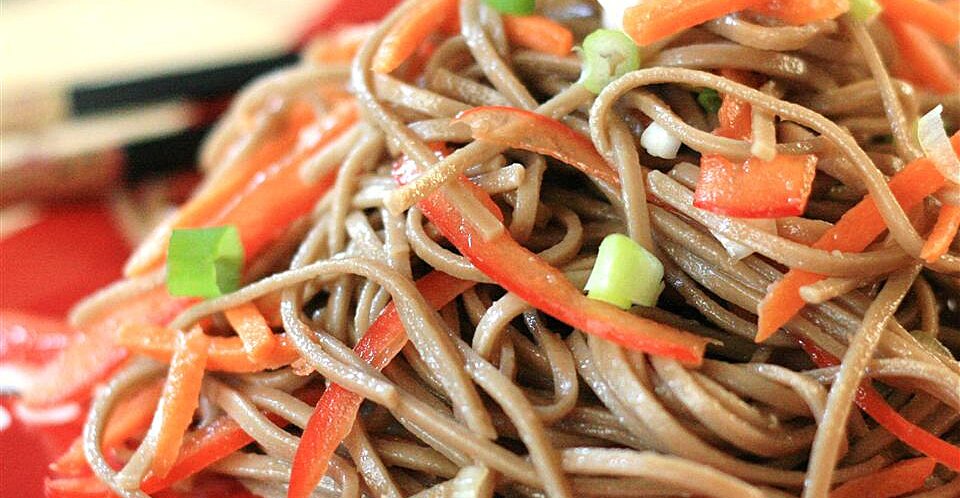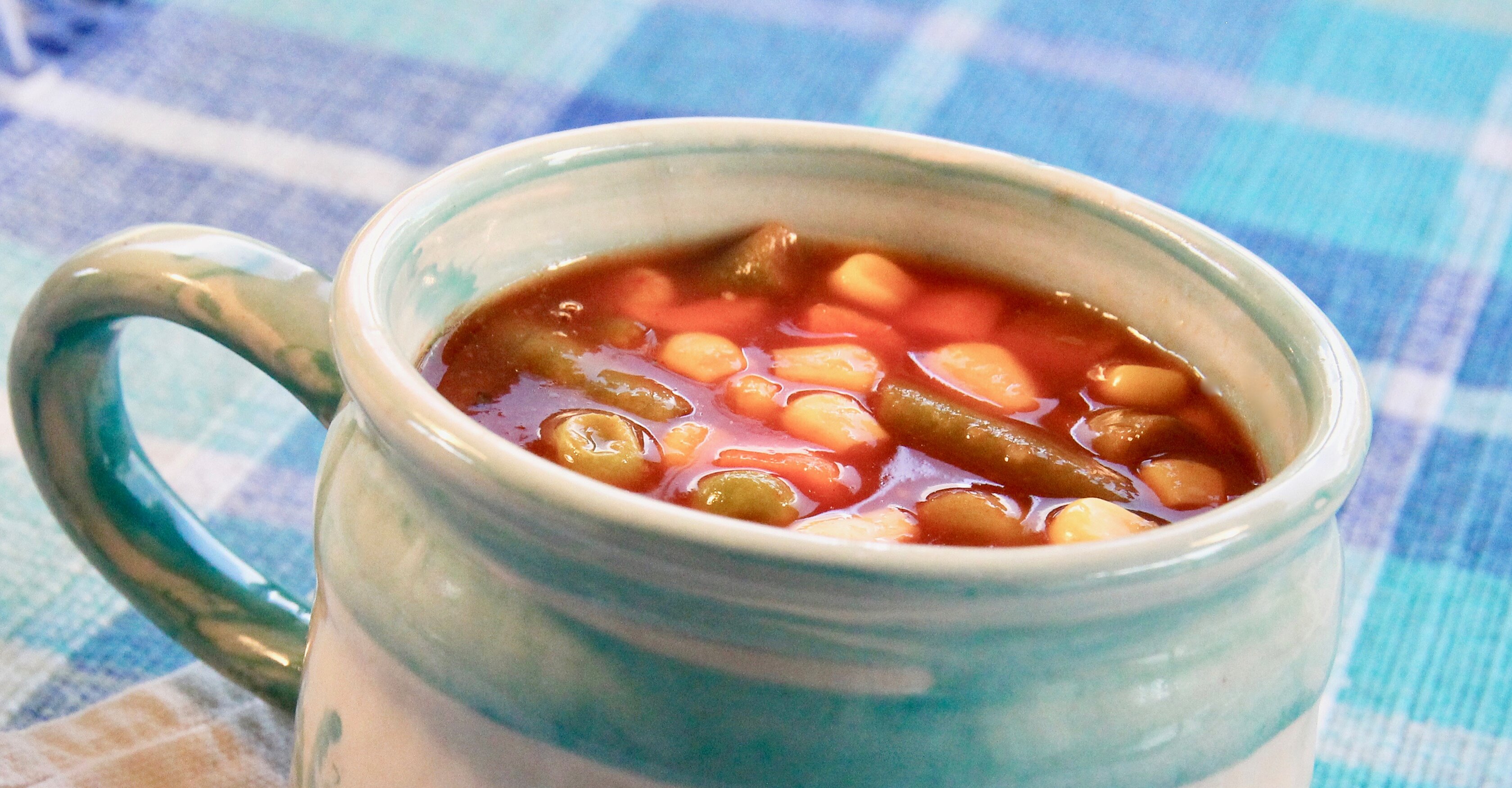Search Results (663 found)
cooking.nytimes.com
This recipe is by Mark Bittman And Sam Sifton and takes 1 hour 30 minutes. Tell us what you think of it at The New York Times - Dining - Food.
This recipe is by Mark Bittman And Sam Sifton and takes 1 hour 30 minutes. Tell us what you think of it at The New York Times - Dining - Food.
Ingredients:
vegetables, olive oil
www.delish.com
Instead of toasting walnuts in the oven, use a grill: Wrap the nuts in foil before placing them in the coals or on the grate.
Instead of toasting walnuts in the oven, use a grill: Wrap the nuts in foil before placing them in the coals or on the grate.
Ingredients:
zucchini, shiitake mushrooms, thick asparagus, red onion, olive oil, walnuts, shallot, thyme leaves, lemon juice, lemon
www.delish.com
With so much flavor coming from peppers, garlic, eggplant and Morningstar Farms® Grillers® Original, who needs a bun?
With so much flavor coming from peppers, garlic, eggplant and Morningstar Farms® Grillers® Original, who needs a bun?
www.foodnetwork.com
Get Rau Cai Chua: Pickled Vegetables Recipe from Food Network
Get Rau Cai Chua: Pickled Vegetables Recipe from Food Network
www.chowhound.com
This simple, healthy variation on the French classic soupe au pistou trades summer produce for winter cellar staples like parsnips, turnips, and celery root.
This simple, healthy variation on the French classic soupe au pistou trades summer produce for winter cellar staples like parsnips, turnips, and celery root.
Ingredients:
olive oil, yellow onion, mustard, vegetable broth, turnips, parsnips, bay leaves, celery, water, watercress, garlic, parmesan cheese
www.allrecipes.com
Japanese soba noodles are marinated in tamari, sesame oil, rice wine vinegar, white sugar and chili oil, then tossed with julienned carrots and red bell peppers for a delicious cold salad with an Asian flair.
Japanese soba noodles are marinated in tamari, sesame oil, rice wine vinegar, white sugar and chili oil, then tossed with julienned carrots and red bell peppers for a delicious cold salad with an Asian flair.
Ingredients:
soba noodles, tamari, sesame oil, rice vinegar, sugar, chili oil, red bell pepper, green onions, carrots
cooking.nytimes.com
In 1995, Joe McGuirk was tending bar at Chez Henri, a bistro in Cambridge, Mass., with an executive chef of Cuban descent Mr McGuirk was asked to come up with a menu of Latin-flavored cocktails
In 1995, Joe McGuirk was tending bar at Chez Henri, a bistro in Cambridge, Mass., with an executive chef of Cuban descent Mr McGuirk was asked to come up with a menu of Latin-flavored cocktails
www.allrecipes.com
This is a quick soup made by combining canned tomato juice with oregano and a bag of mixed frozen vegetables.
This is a quick soup made by combining canned tomato juice with oregano and a bag of mixed frozen vegetables.
www.delish.com
Strip steak is able to stand up to a flavorful sauce like this one better than more expensive cuts.
Strip steak is able to stand up to a flavorful sauce like this one better than more expensive cuts.
cooking.nytimes.com
The idea behind this recipe was to create a contemporary American chicken dinner The result is a whole-bird meal that takes a bit more time and effort than a simple roast chicken but offers an outcome that is just short of mind-blowing, with a variety of tastes and textures the classic cannot touch You can make this dish with chicken parts and water or canned stock, but it’s more efficient — and far tastier — to begin with a three-to-four-pound chicken and go through the whole process
The idea behind this recipe was to create a contemporary American chicken dinner The result is a whole-bird meal that takes a bit more time and effort than a simple roast chicken but offers an outcome that is just short of mind-blowing, with a variety of tastes and textures the classic cannot touch You can make this dish with chicken parts and water or canned stock, but it’s more efficient — and far tastier — to begin with a three-to-four-pound chicken and go through the whole process
cooking.nytimes.com
Here's an idea: Spend the same $30, or $50 or $100 or $300 on meat that you now spend each week or month, but buy less and buy better You might compare this to an annual purchase of 20 $5 T-shirts made by child labor versus one of five $20 T-shirts made by better-paid and better-treated workers from organic cotton Expensive meat from real farms is a more extreme example of this less-is-better policy
Here's an idea: Spend the same $30, or $50 or $100 or $300 on meat that you now spend each week or month, but buy less and buy better You might compare this to an annual purchase of 20 $5 T-shirts made by child labor versus one of five $20 T-shirts made by better-paid and better-treated workers from organic cotton Expensive meat from real farms is a more extreme example of this less-is-better policy
Ingredients:
corn shucked, avocado, mango, limes, zucchini, bell peppers, scallions, romaine lettuce, strip steak, flour tortillas











